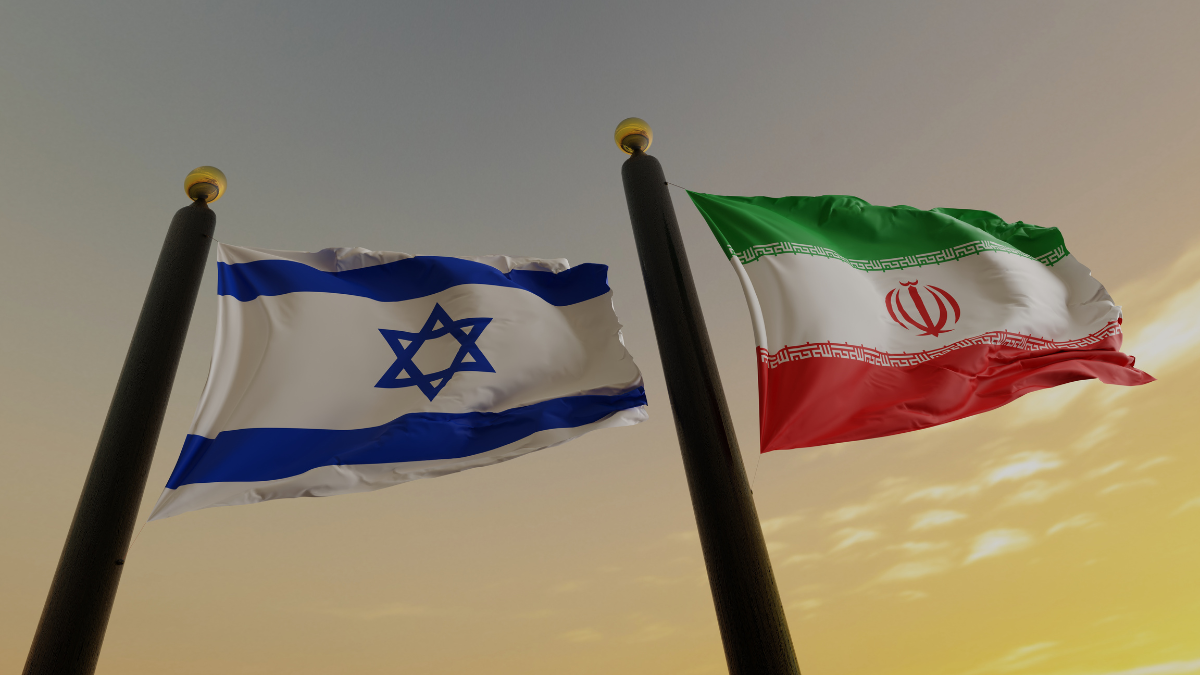In the Middle East, President Donald Trump was feted with pageantry, the leaders of Saudi Arabia and Israel seemingly in competition to outdo the other with the warmth of their welcomes and the depth of their pledges of cooperation.
He faced a far cooler reception in Europe, where he has gone on the offensive, including an extraordinary scolding of some of the United States' closest allies. But Trump also showed signs Friday that, true to form, he might be willing to deal.
Trump spent much of the day in meetings in Italy, demanding that the world's wealthiest nations to do more to fight terror while listening to their urgings about the need to stay in the Paris climate agreement. Trump, who denounced the deal during the campaign, has since said he's waiting to make a final decision.
Gary Cohn, Trump's top economic adviser, said Trump is listening to the views of his world counterparts on the issue.
Trump, in addition to partaking in the traditional pomp and circumstance of the summit being held in a picturesque Sicilian town perched above the Mediterranean Sea, also held one-on-one meetings with the leaders of Japan, the United Kingdom and Germany. The meeting with German Chancellor Angela Merkel came a day after Trump reportedly called Germans "bad." Cohn stressed Friday that Trump was simply being critical of a U.S. trade deal with Germany.
Cohn said Trump also understood that Germany was bound by European Union rules and could not unilaterally change its trade policies. Trade was a big topic, with Cohn saying the United States' guiding principle will be "we will treat you the way you treat us," suggesting that retaliatory tariffs could be imposed.
Trump's meeting with British Prime Minister Theresa May, meanwhile, came a day after he vowed to investigate an intelligence leak blamed on the Americans about this week's deadly bombing at a concert in England that prompted Manchester police to stop sharing intelligence with the United States.
U.S. & World
May said she raised the leak issue with Trump and he "made clear that it was unacceptable." She said British police had received assurances from the FBI and that intelligence sharing had resumed.
The summit opened in the shadow of Trump's remarkable appearance at NATO headquarters in Brussels, where he scolded some of the United States' most loyal allies for not paying their fair share to the alliance. Trump also refused to explicitly back the mutual defense agreement the alliance has activated once, on 9/11.
In Sicily, Trump was again received warily, a president who ran an "America First" campaign with suggestions of disentangling the United States from international pacts now engaged in two days of pomp and policy with the leaders of the United Kingdom, France, Germany, Italy, Japan and Canada.
The specter of Russia shadowed the meetings, though Cohn said Friday that the president was not considering easing sanctions on Russia. Cohn had suggested on Thursday that Trump might consider such a move.
In a meeting with Japanese Prime Minister Shinzo Abe, Trump warned anew about the threat posed by North Korea.
"It's a big problem, it's a world problem, but it will be solved at some point. It will be solved, you can bet on that," Trump said. North Korea has conducted a series of recent missile tests, rattling its Pacific neighbors.
Though he was spotted at times chatting amiably with his fellow world leaders, Trump also remained slightly out of step, including when he was the only leader who decided to take a golf cart from the welcoming ceremony instead of walking through the narrow streets of Taormina.
Foreign policy was the focus Friday, with meetings on Syria, Libya, North Korea, Afghanistan and Pakistan. Other meetings over the two days will include discussions of global economy and climate, a meeting with small African nations — Trump will be seated between the leaders of Niger and Tunisia — and migration issues.
The Republican president arrived in Italy fresh off delivering an unprecedented, personal rebuke to NATO, traveling to its gleaming new headquarters to lecture its leaders to their faces on the need for them to spend more on defense.
"This is not fair to the people and taxpayers of the United States," Trump said.
Only five of NATO's 28-members meet the target of spending 2 percent of their gross domestic product on defense: Britain, Estonia, Greece, Poland and the United States, which spends more on defense than all the other allies combined.
Trump refused to say he would adhere to NATO's mutual defense pact, known as Article V. The White House claimed that his very presence alongside twisted World Trade Center steel turned into a memorial outside NATO headquarters was evidence enough of his commitment.
As Trump spoke, NATO leaders including Merkel and French President Emmanuel Macron, stood in awkward silence. Later, as they took the traditional "family photo" group shot, the heads of state quietly kept their distance from Trump, who minutes earlier was caught on video appearing to push the prime minister of Montenegro, soon to be NATO's newest member, out of the way to get to his spot.
While Trump lectured some of the United States' strongest allies, he cozied up to the repressive government in Saudi Arabia while pushing for the Arab world to root out extremism at home. It was a similar story in Israel, where Prime Minister Benjamin Netanyahu warmly greeted Trump and the president reciprocated with emotional appearances at the Western Wall and Holocaust museum and suggested that there was an opening for peace with the Palestinians.



